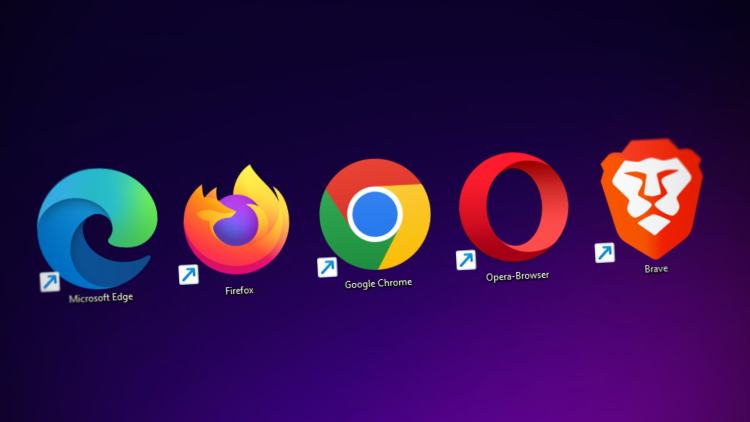In the history of Web Browsers, market domination has been the source of problems. Netscape Navigator’s dominance gave way to Internet Explorer (though admittedly very shady business tactics) and then frustration over Microsoft’s own handling of Internet Explorer paved the way for Mozilla Firefox’s boom. But then, a lot of technological advancements made Google’s Chrome a lot more attractive, and it gained market share. And now, that’s the state of the browser economy.
Google Chrome is far and away the most popular browser out there. Handling 65% of all internet traffic (and close to 80% if you only look at computers), and it got to that position in part by being efficient and modern. Google hires incredibly talented people to work on Chrome to keep it successful, but it is a browser with downsides.
- Chrome doesn’t care about your privacy. And it has demonstrated that repeatedly. When you start with a fresh install of Chrome, it first asks you to sign in using your Google account. This is how your face appears in the top right corner of the browser. This is also what starts Chrome tracking each and everything you do on the web. Yes, even in incognito. Google recently had to pay a $392M settlement with 40 state attorneys general related to this.
- Chrome is a resource hog. While the skeleton of Chrome is a lightweight architecture called Chromium (more on that later), the actual Chrome browser adds a lot of proprietary elements to that, which among other things, will slow down your computer’s performance and suck battery life. Some details on this can be found on the not-at-all balanced polemic Chrome Is Bad.
While I can’t agree with a statement as simple as “Chrome is bad,” I do think about some of the problems it creates, and so to that end, I would like to showcase some alternatives to Chrome you might want to consider. If, at the end of the day, Chrome is still what you want, that’s great! But at least you can know you’ve made an informed decision.






